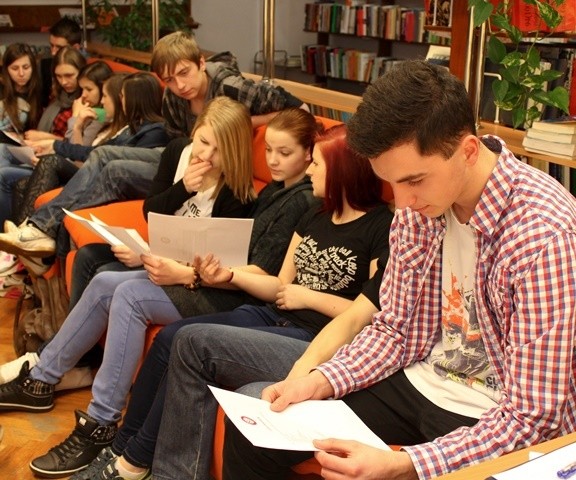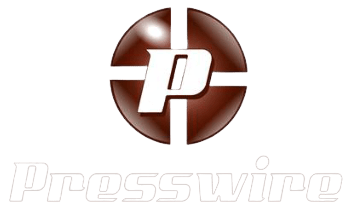At Telecentre Europe we believe we can. A variety of non-formal education providers such as telecentres, libraries, community centres and non-for profits are already busy bridging the digital skills gap. They work throughout the year to help citizens become empowered, participate more actively in the digital society and improve their digital skills.
Each year in March we get together and celebrate their work during the Get Online Week. We showcase the types of activities and trainings they offer, and we raise awareness in thousands of communities and with decision makers on the pressing need for more digitally competent citizens.
The organisations implementing the campaign activities in their countries are called National Partners and are also active members of Telecentre Europe. A full list of organisations with their planned activities can be found here on the GOW website.
Target audience: young and unemployed
The GOW pays special attention in these last years to young people. They are often considered ‘digital natives’ and therefore assumed to be digitally competent. But in reality, the skills they use for their day-to-day activities and social interactions are not the same skills required for the fast paced, ICT dominated work place. It is therefore important to raise awareness amongst young people that, for their future employability, their digital skillset has to expand.
Themes, activities and supporters
This year, Get Online Week has two overall and main themes: digital empowerment and digital inclusion. Digital empowerment refers to the skills gap, employment opportunities and online participation. For example, we will encourage the introduction of e-participation tools to communities, so that new audiences can find out how to participate actively in their local, national and European decision-making processes. There will also be activities to attract small and medium companies to go digital, through workshops and mentoring.
Digital inclusion is about reminding society that in the EU28 38% of disadvantaged populations have no digital skills at all. Although the GOW initiative wishes to reach as wide an audience as possible, it is specially focused on helping low educated, unemployed, elderly, retired and inactive citizens discover and make the most of digital technology.
Microsoft and Liberty Global continue their commitment as the main sponsors of Get Online Week, allowing the campaign national partners to get more Europeans online and on jobs. As part of an ongoing engagement with Microsoft, GOW will for the first time this year include coding for inclusion activities in telecentres, through which disadvantaged youth will be able to learn the basis of coding. Liberty Global supports GOW 2015 through YouRock.jobs, an employability-networking tool which helps young people to create their online portfolios and get in touch with interested employers.
Context
Since 2010, the year in which GOW first started, over 700,000 people have been involved in campaign activities. This year is Get Online Week 6th edition. GOW 2015 was launched at the eSkills Conference in Riga on March 13th by Telecentre Europe’s Chair Mara Jakobsone. It was the first event of the European Commission’s eSkills for Jobs Campaign 2015 , a campaign in which the Get Online Week 2015 is again embedded.
For more information
www.getonlineweek.eu
TWITTER: #GOW15 @tc_europe
FACEBOOK: https://www.facebook.com/TelecentreEurope/
Contact
Laurentiu Bunescu, Campaign Manager ([email protected])
Notes for Editors
Telecentre-Europe AISBL (www.telecentre-europe.org ) is a not for profit international association based in Belgium. It provides inclusive support to the vibrant network of ICT learning centres (also known as “telecentres”) in NGOs, libraries, municipalities & education venues all across Europe, to increase their impact and effectiveness and foster knowledge sharing & learning amongst its members. There are an estimated 20.000 centres within the network, all publicly accessible places where people can get help to access computers, the internet and other digital technologies.
eSkills for Jobs (http://ec.europa.eu/enterprise/sectors/ict/e-skills/index_en.htm ) is a campaign coordinated by DIGITALEUROPE and European Schoolnet in conjunction with hundreds of national and pan-European partners including Telecentre Europe and many major IT industry partners. It comes under the umbrella of the European Commission’s Grand Coalition for Digital Jobs(https://ec.europa.eu/digital-agenda/en/grand-coalition-digital-jobs-0 ), an EU-wide multi-stakeholder partnership helping to address a shortfall in the number of European citizens with ICT professional skills, and to exploit the employment creation potential of ICT.



